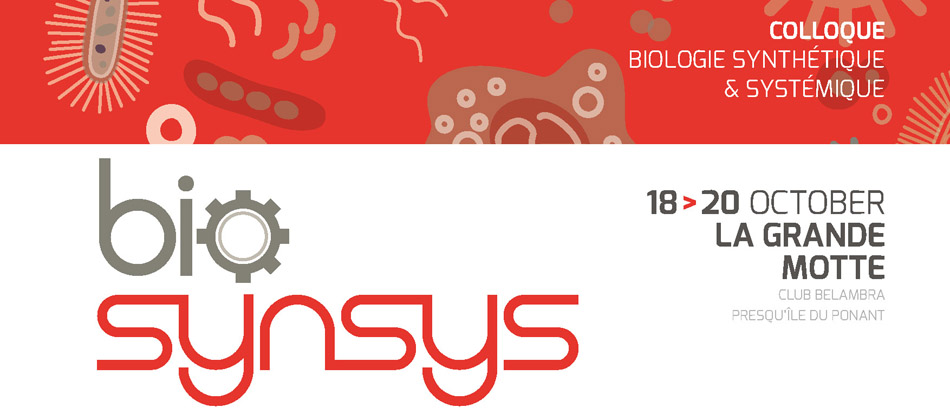High-thoughput (HT) omics approaches enable the large scale analysis of metabolism and its regulation. Among those, fluxomics (metabolic flux analysis) aims at measuring the actual rates of biochemical reactions in metabolic networks. It is a powerful and growing approach to get comprehensive understanding of cellular metabolism in many fields of investigation, ranging from basic biology to biotechnology.
Fluxomics is originally a low throughput method, which limits the number of organisms, strains and conditions which can be investigated. To increase fluxomics throughput and robustness while reducing experimental costs and human efforts, a complete workflow for automated and parallelized 13C-fluxomics experiments was set-up.
The 13C-labeling experiment and sampling of labeled samples are parallelized and automatized using an original robotic platform. This robot prepares, runs, monitors and controls 48 micro-scale fermentations in parallel (pH, oxygen, temperature, stirrer speed), and performs automated sampling of the biological material.
In the context of microbiology, systems biology, synthetic biology and biotechnology, MetaToul developed and provide to the community a full methodological framework for high-throughput (HT) metabolism investigation applicable to the most relevant micro-organisms for industrial and/or health applications. This robotic platform is able to do monitoring physiology, quantitative metabolomics, fluxome profiling and high throughput 13C-Fluxomic.
Due to the parallelization and automation of the workflow, significant improvements in throughput, robustness, and release of resources were achieved. This will definitely be avaluable framework for the large-scale analysis of mutants, the development and metabolic optimization of production cells, the large-scale analysis of the effects of biological effectors, of drugs, among others.
Such an advance would benefit a wide range of fields including not only metabolic engineering, synthetic biology and biotechnology but also toxicology and pharmacology, biomarker and drug development.

 PDF version
PDF version
